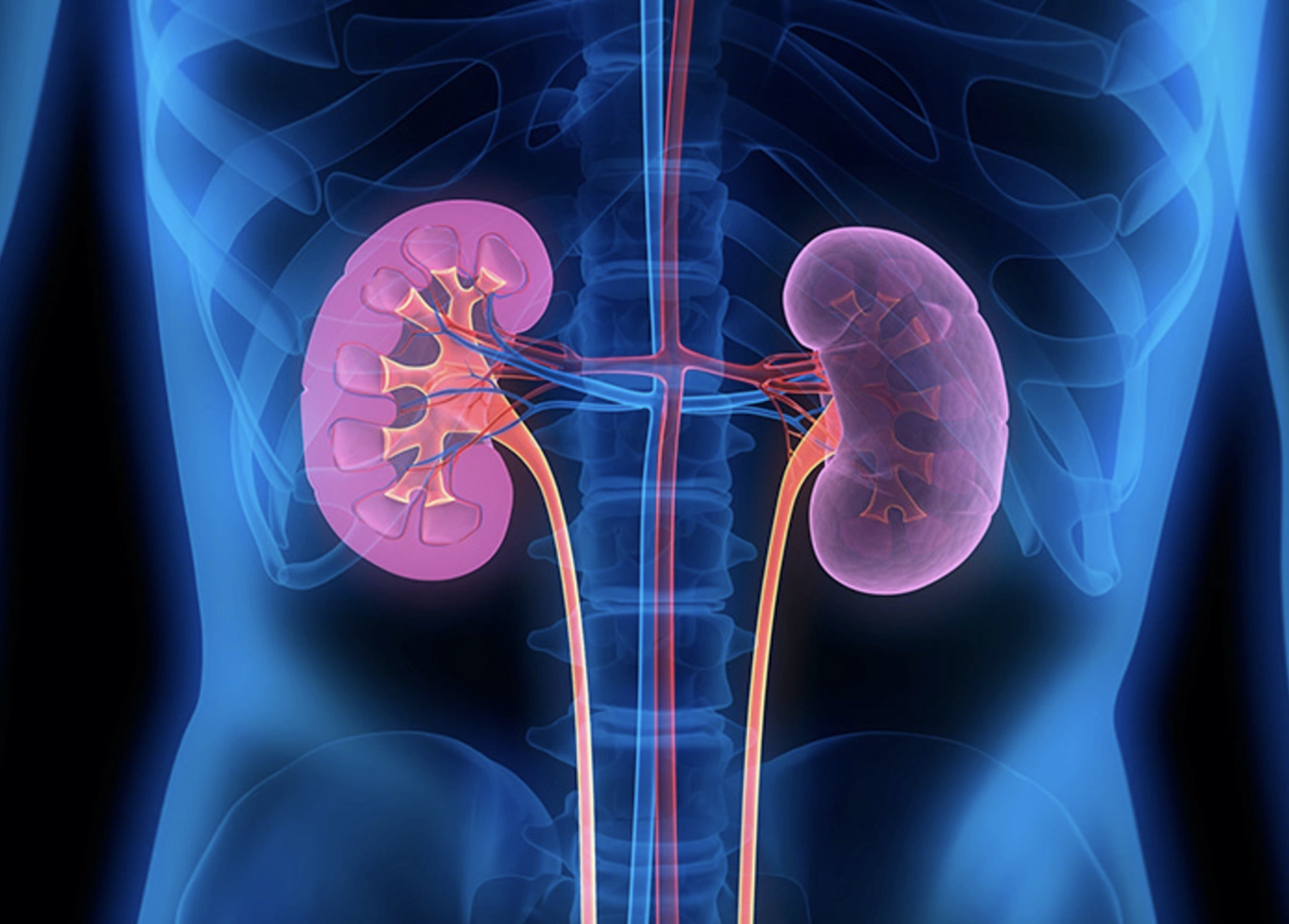Unlike heart disease or diabetes, kidney problems often lack acute pain or severe symptoms in the early stages. Instead, they manifest in subtle ways, easily confused with other ailments such as fatigue, skin issues, digestive problems, or urinary symptoms. This makes early detection a challenge, yet it is crucial.
In 2025, chronic kidney disease (CKD) is estimated to affect around 850 million people worldwide. Experts say it's important to recognize that kidney problems can disguise themselves as other health issues.
Here are some signs to watch out for:
Fatigue, confusion, or difficulty concentrating:
Fatigue, confusion, or difficulty concentrating is often blamed on stress, poor sleep, iron deficiency, or burnout. It can even stem from anemia or mental health issues. But chronic fatigue and difficulty concentrating are early signs of uremia, the buildup of waste products in the blood due to declining kidney function.
When kidneys can't filter waste properly, toxins accumulate in the blood, leading to uremia. This toxin buildup affects oxygen delivery to tissues, including the brain, resulting in mental sluggishness and low energy levels.
Furthermore, failing kidneys produce less erythropoietin (EPO), a hormone that helps create red blood cells, leading to anemia, which causes weakness and cognitive confusion.
Shortness of breath or chest tightness:
Shortness of breath or chest tightness can be asthma, anemia, anxiety, or heart disease. But in those with declining kidney function, this can signal fluid overload or anemia due to reduced erythropoietin production (a hormone made by the kidneys).
Damaged kidneys can't effectively remove excess fluid, which can build up in the lungs, making breathing more difficult.
When the kidneys retain water, it can back up into the lungs, a condition called pulmonary edema, causing shortness of breath and wheezing. Also, anemia from reduced red blood cell production can cause oxygen deprivation, leading to breathlessness even with minimal exertion.
High blood pressure:
Difficult-to-control high blood pressure is often blamed on stress or diet. But high blood pressure can be both a cause and a result of kidney disease, creating a vicious cycle.
Kidneys help regulate blood pressure by managing fluid volume and releasing hormones. When damaged, their ability to balance these systems is disrupted, leading to resistant hypertension that doesn't respond well to medication.
 |
Image of healthy kidneys in a normal person. Photo: KUMC |
Frequent urination:
Frequent urination, especially at night, is often linked to diabetes, urinary tract infections, or aging. But increased urination can also be an early sign of kidney damage, particularly in conditions like glomerulonephritis or polycystic kidney disease.
When the filtering units (nephrons) are damaged, they lose their ability to concentrate urine, leading to the production of large amounts of dilute urine, especially at night. This condition, called nocturia, disrupts sleep and can indicate early-stage kidney dysfunction, particularly when accompanied by dark, cloudy, or unusually pale urine.
Bloody or foamy urine:
Blood in the urine can be mistaken for a urinary tract infection or menstrual bleeding. Foamy urine can be dismissed as dehydration. But both can be warning signs for kidney damage.
Healthy kidneys keep blood cells and protein in the bloodstream. Bloody urine suggests the kidneys' filters, called glomeruli, may be damaged and are leaking red blood cells. Proteinuria (protein in the urine), appearing as persistently bubbly or foamy urine, signals protein loss through damaged kidneys.
Swollen hands and feet:
Swollen ankles, feet, or hands are often mistaken for salty food intake, long flights, or heart problems. But edema – water retention – is a key symptom of kidney dysfunction.
Healthy kidneys regulate sodium and fluid balance. When they are impaired, excess fluid accumulates in tissues, particularly in the lower extremities leading to swollen legs, feet, and even eyelids. This swelling may seem mild at first but can worsen over time, especially in the feet and around the eyes upon waking.
Itchy skin and cramps:
Itchy skin and muscle cramps can be due to dry skin or mineral deficiencies. But they also indicate electrolyte imbalances or toxin buildup, both signs of late-stage kidney disease.
As kidneys fail, phosphorus levels rise, and calcium levels drop, leading to itchy skin and muscle spasms. Urea toxins can also irritate nerve endings and muscles, causing widespread discomfort. In severe cases, this leads to uremic frost, a rare condition where urea crystals form on the skin.
Sudden weight fluctuations and loss of appetite:
Sudden weight fluctuations and loss of appetite are often associated with digestive disorders, depression, or infections. Urea buildup can cause nausea, a metallic taste in the mouth, and loss of appetite, leading to unintended weight loss. Water retention can cause temporary weight gain or a feeling of bloating, which can also fluctuate daily depending on the kidneys’ ability to process fluids.
My Y (According to Times of India)












